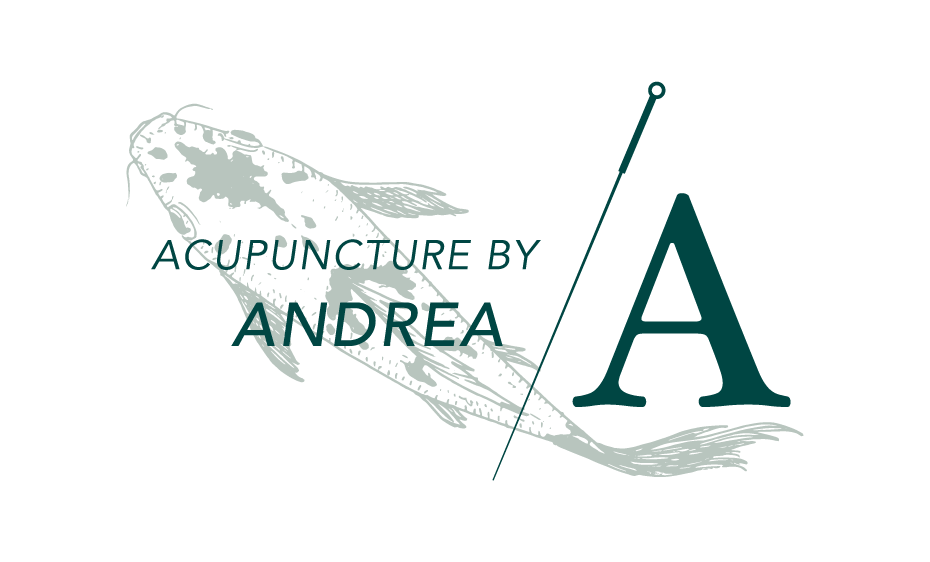A Balancing Act—The Role of Electrolytes in Traditional Chinese Medicine
Calcium, magnesium, potassium, and sodium are electrolytes, essential chemicals utilized by the human body to regulate muscle function through electrical impulses. These minerals play a vital role in the heart's function, regulating fluid balance and ensuring the heart beats in rhythm. The blood, mainly comprised of water, is the fluid medium through which the chemicals move. When there is an imbalance in one or more electrolytes, problems can occur. These may be as simple as cramping in your calves or as whole body damaging as excessive potassium loss through sweating that affects your heart.
The health of your heart is vital and understanding the part electrolytes play in heart health is essential. In Traditional Chinese Medicine (TCM), a number of heart regulating acupuncture points are on the kidney channel. The heart-kidney connection was known to Chinese medical practitioners 1000’s of years before Western medicine understood this relationship. The kidneys maintain fluid balance in the body. And fluid metabolism regulated by the kidneys causes electrolyte levels to vary, affecting the heart. Interconnectedness is how our essential natures and our bodies function. The kidneys and hormones regulate the concentration of electrolytes. If the levels grow too high, the kidneys filter them out and hormones work to restore a balance.
Electrolyte Problems—What You Experience
· In TCM we acknowledge sweat as the fluid of the heart. If you are sweating excessively your heart is not stable and you could have a potassium deficiency.
· Cramping in the legs or feet is usually a sign of magnesium deficiency. Magnesium enables fluid flow in the body, allowing the muscles to contract and relax properly and relieve cramping.
· Salts aid in water retention, moisturizing areas throughout the body when introduced internally and externally. Salts dissolve lumps and nodules, acting as a diuretic to melt and flush these accumulations from your body.
· Calcium deficiency can result in muscle cramps and depression. Studies have shown the compounds in milk and cheese can cross the blood brain barrier and attach to dopamine receptors. Cheese can literally make you happy! Conversely, feeling thirsty and frequent urination with constipation can be a sign of too much calcium.
· Phosphorous and chloride relate to metabolic pathways through the kidneys. And bicarbonate is responsible for the acid-base balance of the blood via the kidneys.
Common Issues
The answer to electrolyte imbalances is not just to add in more. Supplementing regularly with one single electrolyte without testing levels or knowing the specific imbalance could lead to potentially dangerous situations. Serious damage to your health can occur with low or high levels of any of these essential chemicals. The National Institutes of Health studied the most common causes of electrolyte disorders. Outlined below are a few of those I see most frequently in the Acupuncture by Andrea clinic.
Hyponatremia occurs when there's an imbalance in the ratio of water to sodium in the body.This is often caused by excessive water intake.
Hypernatremia s a condition where there is too much sodium in the blood, usually caused by a loss of water or too much sodium intake.
Hyperkalemia is a condition where there is too much potassium in the blood. This can be caused by kidney disease, eating foods high in potassium, using salt substitutes that contain potassium, constipation, or high blood sugars.
Hypercalcemia is a condition in which there's too much calcium in the blood. This can be caused by parathyroid gland issues, cancer, excess Vitamin D intake, or lack of movement.
Hypocalcemia is a condition where there are abnormally low levels of calcium in the blood. This can be caused by lack of Vitamin D, infections, and medications.
Hypomagnesemia or magnesium deficiency, occurs when the level of magnesium in the blood is too low.
Hyperchloremia is a condition where there are high levels of chloride in the blood.
In the clinic I treat patient complaints with the most direct pain-relieving point combination paired with an herbal formula recommendation. But, pain relief is not the only goal—increasing circulation caused by an electrolyte deficiency is necessary. Insufficient flow causes pain and can usually be resolved with points that increase fluid movement and organ efficiency. The lack in flow communications is what the acupuncture points target. Resolving deficiencies via acupuncture, herbal formulas and nutritional supplementation is our true end goal to get you back to balanced health.

